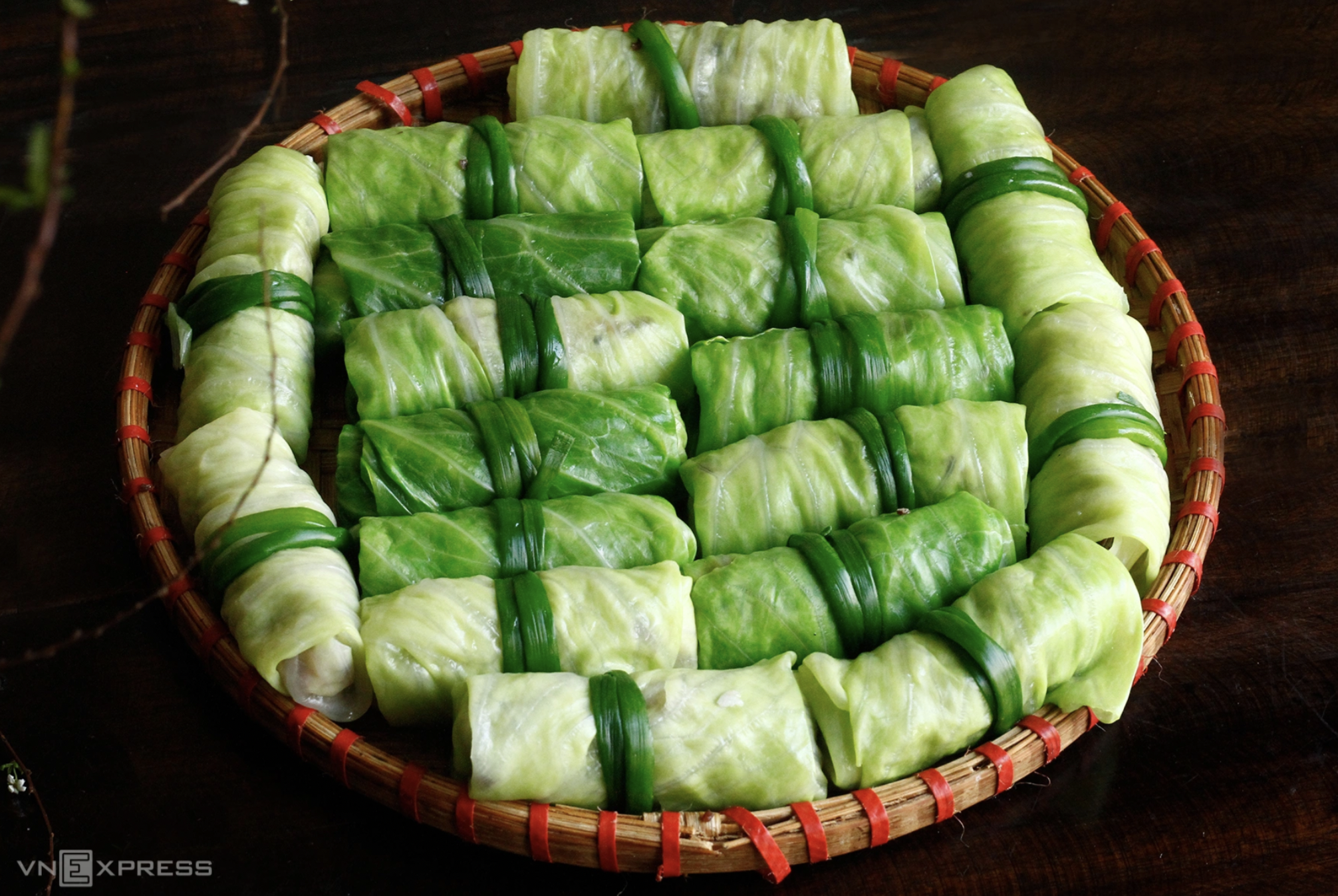Vitamin K plays a vital role in calcium metabolism, reduces calcium deposits in blood vessels, strengthens bones, and improves cardiovascular health. Here are some foods rich in this nutrient that you should eat regularly.
Spinach
100 g of cooked spinach contains 483 mcg of vitamin K and is rich in iron, which protects bones through collagen formation. Iron deficiency can lead to decreased bone density, making bones prone to fractures and osteoporosis. The abundant potassium content in spinach can neutralize salts in the body, contributing to balanced blood pressure and preventing cardiovascular disease.
Scallions
100 g of scallions contains about 207 mcg of vitamin K, promoting increased bone density. Scallions also contain quercetin, which, combined with vitamin K, helps boost the immune system, fights inflammation, and protects cardiovascular health. Quercetin also protects cells from damage caused by free radicals, reduces inflammation, and soothes allergic reactions. Enjoy scallions in salads, soups, grilled whole, stir-fried, or stewed.
Broccoli
100 g of broccoli provides about 141 mcg of vitamin K, supporting blood clotting, maintaining strong bones, and protecting cardiovascular health. This vegetable is also rich in vitamins C, A, E, folate (B9), calcium, phosphorus, zinc, iron, potassium, and fiber, protecting the body from free radicals, fighting aging, and maintaining healthy skin. Broccoli can be easily prepared in salads, boiled, steamed, or added to soups.
 |
Cabbage is good for bone health. Photo: Bui Thuy |
Cabbage
Cabbage is good for bones thanks to important nutrients like calcium, magnesium, potassium, and vitamin K. These nutrients have anti-inflammatory and pain-relieving properties, reducing the risk of arthritis and osteoarthritis. The vitamin K in cabbage helps the body absorb calcium effectively, thus protecting bones from deterioration. 100 g of cabbage contains 82 mcg of vitamin K.
Amaranth
100 g of amaranth provides 1140 mcg of vitamin K, supporting bone recovery, preventing bleeding, and benefiting the health of pregnant and postpartum women. Amaranth is also rich in fiber, vitamins, minerals, and antioxidants, improving the digestive system and preventing cardiovascular disease, high blood pressure, and diabetes.
Soybeans
Unprocessed soybeans provide a small amount of vitamin K1. When fermented (as in miso or natto), their vitamin K2 content increases significantly. Vitamin K2 helps direct calcium into bones, which is beneficial for the bones of older adults. The protein and fat in soybeans also help build hormones and enzymes, benefiting muscles, skin, hair, and nails.
Le Nguyen (According to Times of India)
| Readers can submit questions about nutrition here for doctors to answer |












